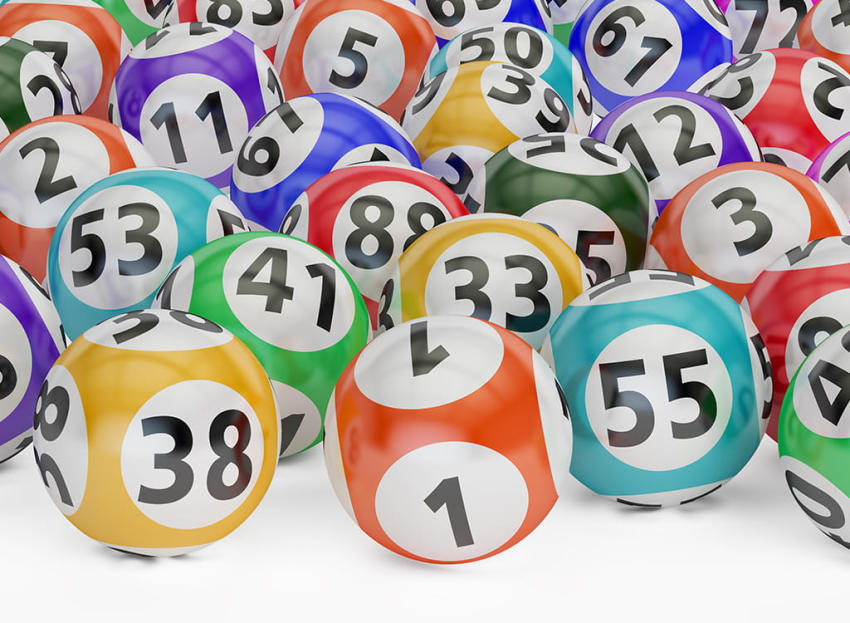The **history of lottery** dates back thousands of years, drawing connections between ancient civilizations and the modern games we know today. From the early practices in China’s Han Dynasty, where lotteries helped fund projects like the Great Wall, to their role in the Roman Empire as entertainment during lavish dinner parties, the concept of chance has remained a common thread through time. This captivating trajectory reveals how public gambling has evolved, reflecting societal values and economic needs. In contemporary society, **lottery jackpots** capture the imagination of millions, often funded by extensive ticket sales across states, illustrating a significant shift from local games of chance to multi-billion-dollar enterprises. Join us as we explore not just the origins but the fascinating transformations in the world of lottery over the centuries.
Exploring the realm of chance games and their historical significance offers rich insights into the longstanding tradition of lotteries. Known variably as games of luck or chance, these activities have been integral in various cultures, manifesting in different forms from the ancient world to today’s state-sponsored games. The surge in interest for these systems as both entertainment and financial support has highlighted a complex relationship between society and gambling. From their early roots where prizes were modest, to the staggering **lottery jackpots** witnessed today, the evolution showcases distinct cultural values and the changing landscape of risk and reward. As we delve deeper, we will trace lottery practices from their ancient inception to their modern implications in today’s economy.
The Fascinating Origins of Lottery: From Ancient China to Roman Games
The origins of the lottery can be traced back to ancient civilizations, with the earliest records emerging from the Han Dynasty in China around 205 BC. These early lotteries, known as ‘Keno,’ were not only a game of chance but also a crucial mechanism for raising funds to support significant government endeavors, such as the construction and maintenance of the Great Wall of China. The excitement of drawing lots captivated the populace and laid the foundational framework for modern lottery systems, highlighting the enduring allure of chance throughout history.
In the Roman Empire, lotteries began to take on a more social dimension, mixing entertainment with civic duty. Wealthy Romans would organize lavish dinner parties where guests participated in lottery games, winning prizes that often included luxurious goods. This integration of social interaction with gambling activities not only elevated the status of lottery games but also allowed them to flourish as an enjoyable pastime. These ancient practices offer a glimpse into how lotteries evolved from modest beginnings to a societal staple, as they catered to both funding needs and the desire for communal entertainment.
The Evolution of Lottery: From Medieval Fundraising to Modern Jackpots
The evolution of the lottery took a significant turn during the Medieval period in Europe when lotteries became more structured and organized, particularly in towns like Flanders and Italy. The 15th century saw local governments utilizing lotteries to fund public services, thereby embedding the concept of collective gaming within the fabric of community life. These endeavors highlighted how lotteries served dual purposes: they provided much-needed financial resources for civic projects while also engaging citizens in a shared experience of luck and suspense.
By the time we reached the Renaissance, state-sponsored lotteries emerged, marking a monumental shift in the function and perception of these games. The first official lottery in France, organized by King Francis I in 1539, paved the way for what would become a widespread governmental tool for revenue generation across Europe. Fast forward to the present, and modern lotteries, characterized by large jackpots and multinational participation, continue to reflect the historical importance of lotteries as a means of funding public projects, albeit under a more regulated framework. This transformation from medieval fundraising methods to the multi-billion dollar jackpots we see today demonstrates the adaptability and lasting appeal of lotteries in the face of changing societal dynamics.
Frequently Asked Questions
What are the origins of the lottery and its significance in ancient civilizations?
The origins of the lottery can be traced back to ancient civilizations, with the earliest records appearing in the Han Dynasty of China around 205 BC. These early lotteries were designed to fund government projects, such as the construction of the Great Wall of China. In the Roman Empire, lotteries served as entertainment at social gatherings, where guests could win prizes, highlighting their dual role in society as both a gambling mechanism and a means for civic funding.
How did the history of lottery evolve from medieval times to modern jackpots?
The history of lottery saw significant evolution from medieval times when lotteries began to formalize in Europe, raising funds for public services. The Renaissance period marked a shift as state-sponsored lotteries emerged, legitimizing their role in government finance. By the 20th century, lotteries experienced a resurgence in the U.S., particularly with the establishment of large-scale games like Powerball and Mega Millions, leading to substantial jackpots that continue to captivate the public today.
| Period | Key Developments | Purpose and Impact |
|---|---|---|
| Ancient Civilizations | Lotteries in ancient China (Han Dynasty) used to fund government projects; Keno was popular. | Introduced lottery as a means of funding and social entertainment in gatherings. |
Summary
The history of lottery is a fascinating tale that stretches from ancient civilizations to the modern age. Originally utilized by the Han Dynasty in China for funding projects, lotteries evolved through Roman celebrations, medieval communal efforts, and Renaissance state sponsorships. This journey reflects societal attitudes towards chance and finance, adapting through varying cultural contexts. Today, lotteries are not only a source of potential wealth but also engage communities and contribute to government revenues. As the digital age unfolds, the evolution of lotteries continues, weaving together themes of luck, social change, and ethical discourse, cementing their place in our shared history.
